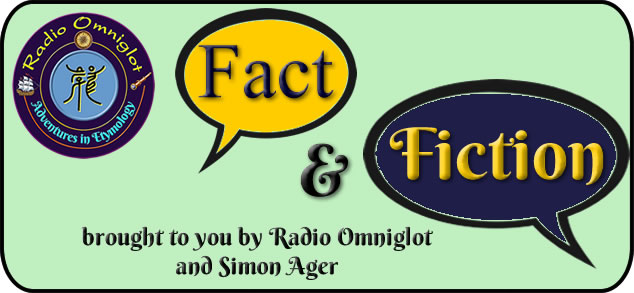Podcast: Play in new window | Download
In this Adventure in Etymology we look into the origins of the word loiter.
To loiter [ˈlɔɪtə(ɹ) / ˈlɔɪtɚ] can mean:
- To stand about without any aim or purpose; to stand about idly.
- To remain at a certain place instead of moving on.
- (archaic) To stroll about without any aim or purpose, to ramble, to wander.
It comes from Middle English loitren (to idle away one’s time, to dawdle over one’s work, to linger or lurk idly in a place), from Middle Dutch loteren (to shake, wag, wobble), from Proto-Germanic *lūtaną (to bow down), from Proto-Indo-European *lewd- (to duck, crouch, cringe, become small) [source].
Words from the same roots include little, lout (a troublemaker, often violent) in English, luttel (little, few, mere) in Dutch, lude (lout, stoop) in Danish, луд (lud – crazy, mad, insane) in Bulgarian, liūdnas (sad, downhearted) in Lithuanian, and lut (to request, ask, plead, beg) in Albanian [source].
The Grand Duchy of Luxembourg (Lëtzebuerg in Luxembourgish) also gets its name partly from the same roots, via Proto-Germanic *lūtilaz (bent, crouching, little) and *burgz (fortification, stronghold, city) [source].
If you would like to support this podcast, you can make a donation via PayPal or Patreon, or contribute to Omniglot in other ways.
Radio Omniglot podcasts are brought to you in association with Blubrry Podcast Hosting, a great place to host your podcasts. Get your first month free with the promo code omniglot.
I also write about words, etymology and other language-related topics on the Omniglot Blog, and I explore etymological connections between Celtic languages on the Celtiadur blog.
















